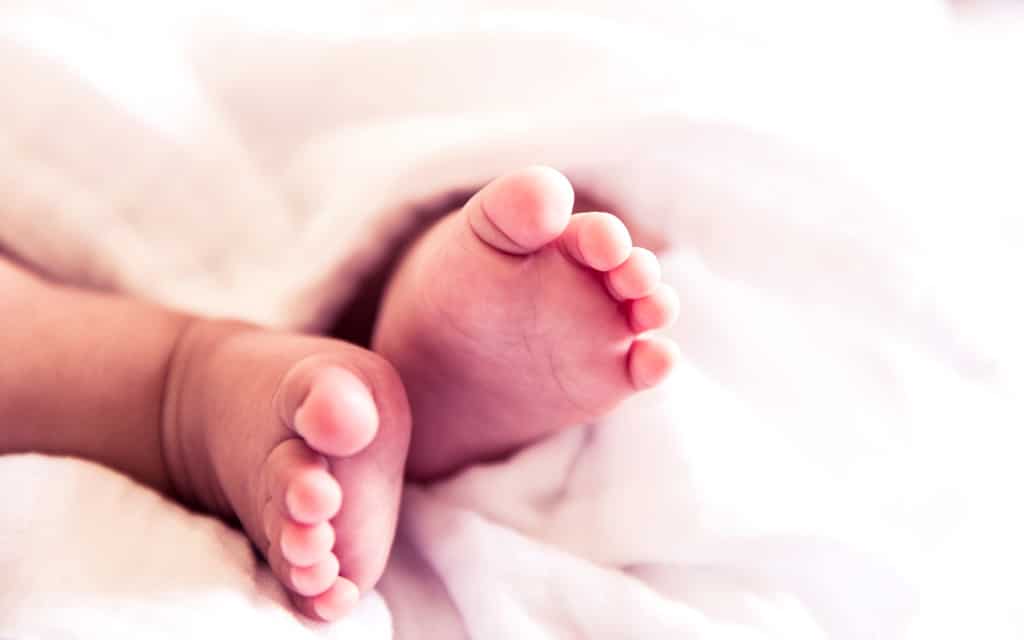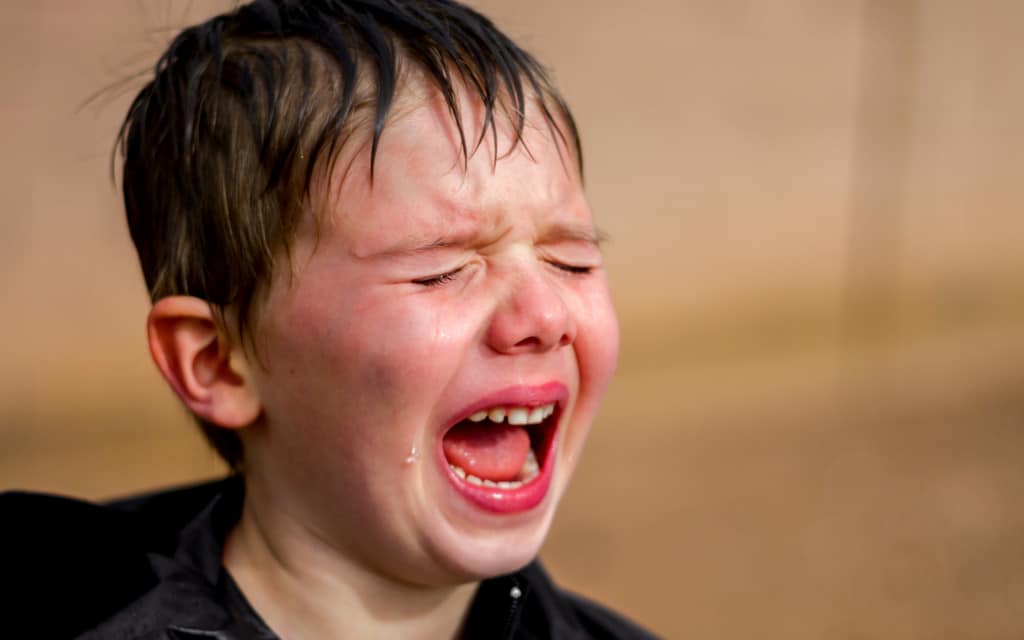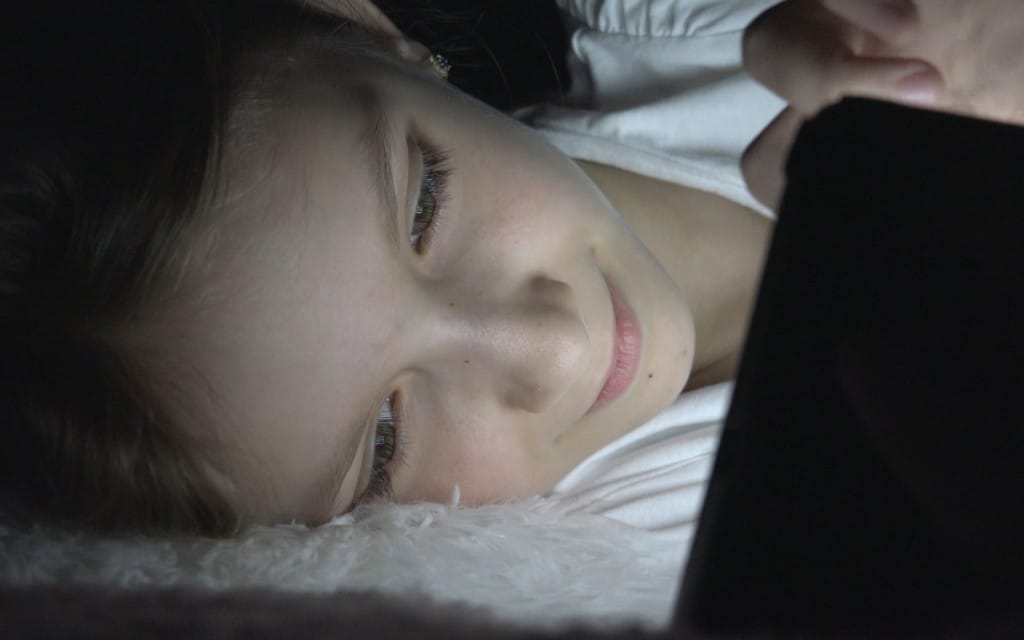Sleep (in significant amounts) is a crucial part of childhood development.
While we all need plenty of quality sleep to keep us fit and healthy, children are more likely to suffer from adverse effects caused by sleep deprivation.
That’s because sleep is an essential tool in our growth. When we sleep, we’re not just shutting down for the evening. We’re giving our brains and bodies time to engage in crucial processes.
For instance, when you’re asleep, neutons form connections in your brain that allow you to translate short-term memories into long-term lessons.
At the same time, sleep is also when the body releases growth hormones that allow muscles to strengthen, bones to stretch, and children to get big and strong.
The less sleep your children get, the more prone they’ll be to everything from illness, to behavioural issues.
While there’s no one-size-fits-all formula determining how long every child needs to sleep each day to remain healthy, there are scientifically-recommended guidelines to follow. For example, we know that toddlers and newborns need more sleep than older children.
Here’s your essential guide to the sleep deprived child, and how much sleep your child should get.

How much sleep does a child need: From newborn to toddler
When it comes to sleep, everyone has different requirements.
Some people can comfortably get by on no more than 6 hours of sleep every day. Other people need a minimum of 8-9 hours before they feel fully rested. The same kind of variety can apply in children.
However, the experts tell us that there are some basic rules to follow when giving your child plenty of rest. Usually, the amount of sleep they need will vary depending on their age.
Let’s start by looking at the needs of newborns to toddlers.
1-4 weeks old:
A newborn up to a month old will need between 15 and 16 hours each day to process everything. These young babies are still in the most crucial stage of development.
Premature babies can sleep even longer than 16 hours, depending on their needs. Since newborns haven’t had a chance to develop a circadian rhythm yet, their sleep patterns aren’t regulated by daylight either — much to the despair of their parents.
1-4 months old:
At the age of 1-4 months, children still need a lot of sleep. The answer to “how much sleep should a child get?” here is usually between 14-15 hours per day. By week 6, your child will start to develop more of a consistent sleeping pattern. Longer periods of sleep may last for up to 6 hours at a time.
4-12 months old:
As your child moves through their first year of life, they’ll still be getting around 15 hours per day. However, most infants around the age of 11 months old will only get around 12 hours of sleep.
When determining “how many hours of sleep does a child need?” it’s important for parents to develop a good sleeping schedule for their youngsters. Regular naps during these early months are essential. You may start with 3 naps a day, as well as a night-time sleep, and gradually drop down to only 2 naps a day as your child gets older.
1-3 years old:
As this time, your child will begin to leave some of their napping habits behind. While toddlers need around 14 hours of sleep per day, the older your child gets, the more likely it is that they’ll begin to get only 12 or 10 hours.
Most children between the ages of 21 and 36 months will also require at least one nap a day to stop them from feeling exhausted. At this point, your child will begin to sleep more regularly through the night. Additionally, they’ll start to develop their own biological clock.

How many hours of sleep does a child need?
Once your child is three years old and above, the amount of sleep they need will begin to drop. The answer to “how much sleep should a child get?” at the ages of 3-6 is usually around 10-12 hours per day.
Usually, kids at this age will go to bed at around 8am and wake up at around 7am. At age three, children may still be napping, but their naps will gradually become shorter.
At ages 7 to 12, your child’s sleep requirements will begin to change again, driven in part by a new schedule.
During this time in life, youngsters are getting started with things like school and family activities. Bedtimes may become later, and the average sleep period usually stays around 10-11 hours per day.
When your child starts to grow up and enter their teenage years, it’s important to remember that sleep is still vital to their health and wellness.
In fact, some teenagers actually need more sleep than they did in previous years. Some teenagers need at least 10 hours of sleep to feel fully rested.
Additionally, the changing circadian rhythms of teenagers can make it more difficult for them to get the sleep they need. Around puberty, the circadian rhythms of a child can begin to shift, pushing people to stay awake later.
Combine that with social demands and exposure to endless pieces of technology, and it’s easy to see how any teenager can quickly become a sleep deprived child.

How to recognise child sleep disorders
When you consider just how variable a child’s sleeping pattern can be, as well as the various factors that can affect their ability to sleep, it’s hard to determine exactly what your youngsters need.
While most parents know that growing children need plenty of good quality sleep, they don’t know just how many hours of sleep a child needs, how significant the impact of losing just a little sleep can be.
One reason it’s so hard to recognise child sleep disorders, is that a drowsy or sleep deprived child won’t always act like an exhausted adult.
As adults, we usually slow down when we’re sleep deprived, becoming sluggish, and struggling to concentrate. However, children can often wind up when they’re sleepy, becoming hyper and more difficult to manage.
Other symptoms of sleep deprivation in children include:
- Reduced attention span and difficulty concentrating
- Inability to wake up quickly in the morning
- Hyperactivity or silliness
- Clumsiness and lack of coordination
- Decreased motivation or sadness
- Frequent infections and illness
- Memory problems
- Disruptive behaviour
- Aggressive or violent behaviour
- Temper tantrums
- Difficulty with friendships
- Moodiness or irritability
- Crashing before bedtime
- Falling asleep during the day
- Frequently waking up during the night
- Low tolerance
If you’re concerned that your little one might be dealing with child sleep disorders, the best thing you can do is talk to a doctor or specialist.
Not only will a doctor be able to determine if you are dealing with a sleep deprived child, but they can also help to figure out what’s causing the problem.
Sometimes, sleep deprivation can be caused by simple things like anxiety or an over-active imagination. Other times, a sleepy child could be a sign of a bigger underlying problem, like ADHD, or even sleep apnea.
If something significant, like sleep apnea, is causing your child’s problems with sleep, then the faster you can work on the problem, the safer your youngster will be.
If your doctor discovers that the cause of sleep deprivation is simple, then most of the time, you’ll be able to take basic steps to help your kid.
For instance, an early and regular bedtime works well for many children. Additionally, a routine before bed, like bathing, or reading with limited screen time is usually a good idea.

The problems with a sleep deprived child
If your child isn’t getting enough sleep each night, then you could notice a lot of problematic side-effects.
Just like adults, when children don’t get enough rest, their ability to do virtually everything is diminished. Children can’t concentrate at school when they’re exhausted, which means that their academic performance will begin to diminish.
Additionally, because sleeplessness affects our emotions, a sleep-deprived child can be more likely to act out.
According to a study from the McGill University in Montreal, when children between the ages of seven and eleven get even a single hour less sleep than usual — they exhibit various behavioural problems.
In this case your child might have trouble paying attention, or be more irritable than usual. This also increases their chances of getting into trouble at school.
If that wasn’t enough, the less sleep your children gets, the more likely they are to suffer from physical issues too. While the emotional side-effects of sleep deprivation leave your child moody and upset, the physical symptoms expose them to more colds and infections.
This means that your little one spends more time at the doctors, and less time enjoying their school and social life.
As your child gets older, there’s even some evidence to suggest that teenagers with sleep disorders are more likely to develop severe behavioural disorders.
Studies into impulsiveness in teens and sleep deprivation show that a lack of sleep can lead to a higher risk of substance abuse.

Children aren’t sleeping enough
There’s a broad consensus among health experts and scientists today that children just aren’t getting enough sleep. That’s particularly true for teenagers.
While making sure that your child gets the right amount of sleep every evening isn’t always easy — it’s something that parents need to approach carefully.
Just like equipping your little one with the right nutrition and education to help them succeed in life — supporting them with the right sleep cycle will help them to achieve their goals.
The more your child develops a healthy relationship with sleep, and a strong biological rhythm, the easier it will be for them to get the rest that they need as they grow.
To learn more about the sleeping patterns of both children and adults, don’t forget to check out the other articles here at Siestio. Alternatively, sign up to our newsletter for regular updates.
Siestio. Sleep Matters.
General advice disclaimer
This article contains general tips and advice. However, no diet or exercise program should be started without consulting your physician or other industry professional first. For more information read our full disclaimer here.







